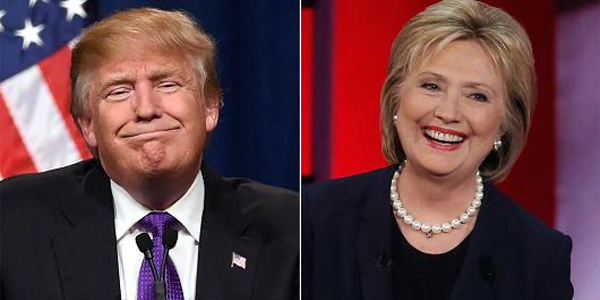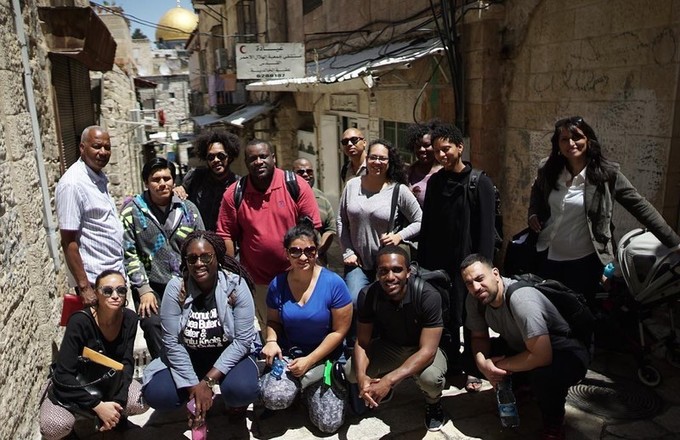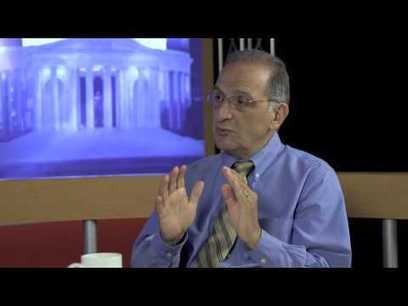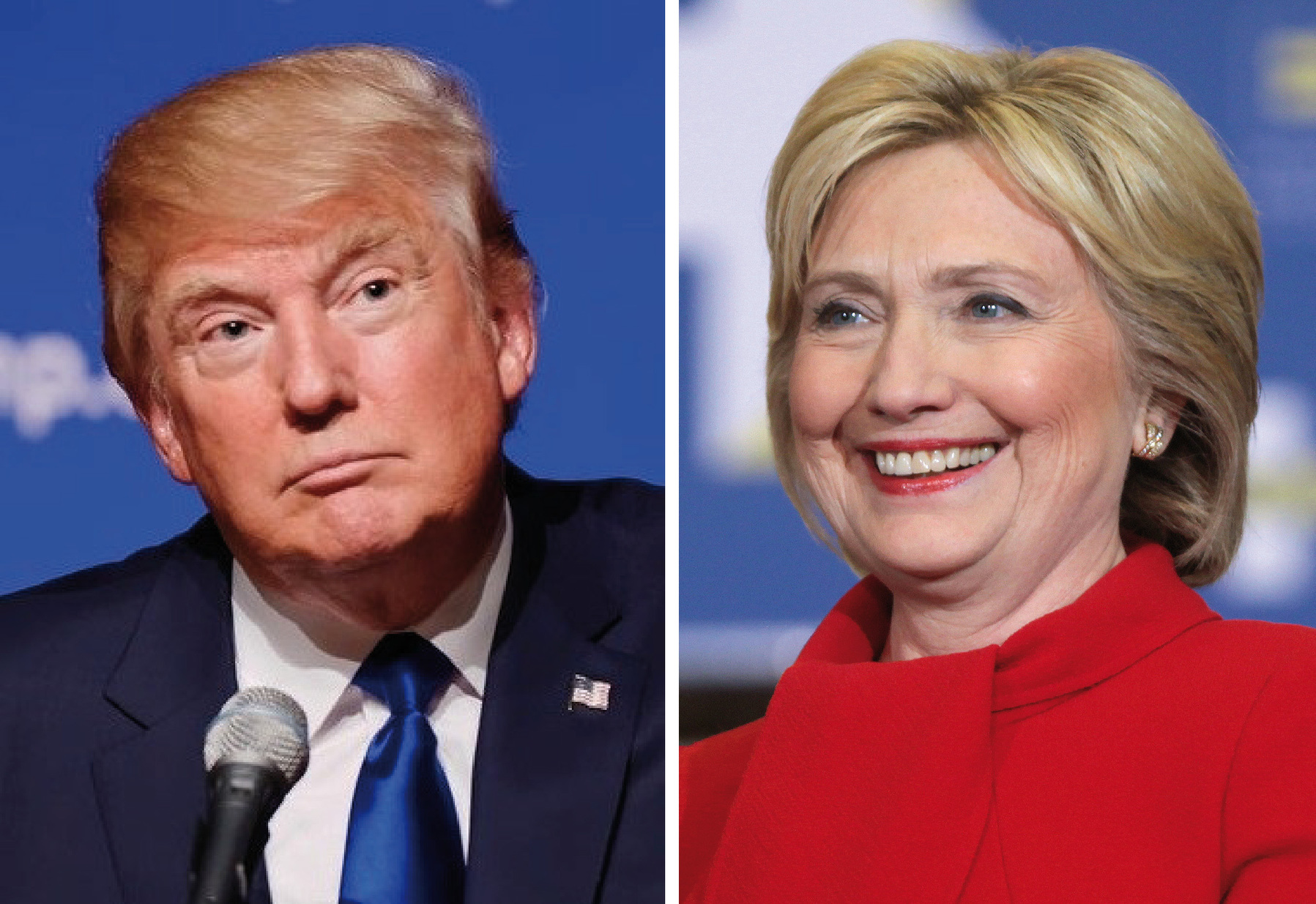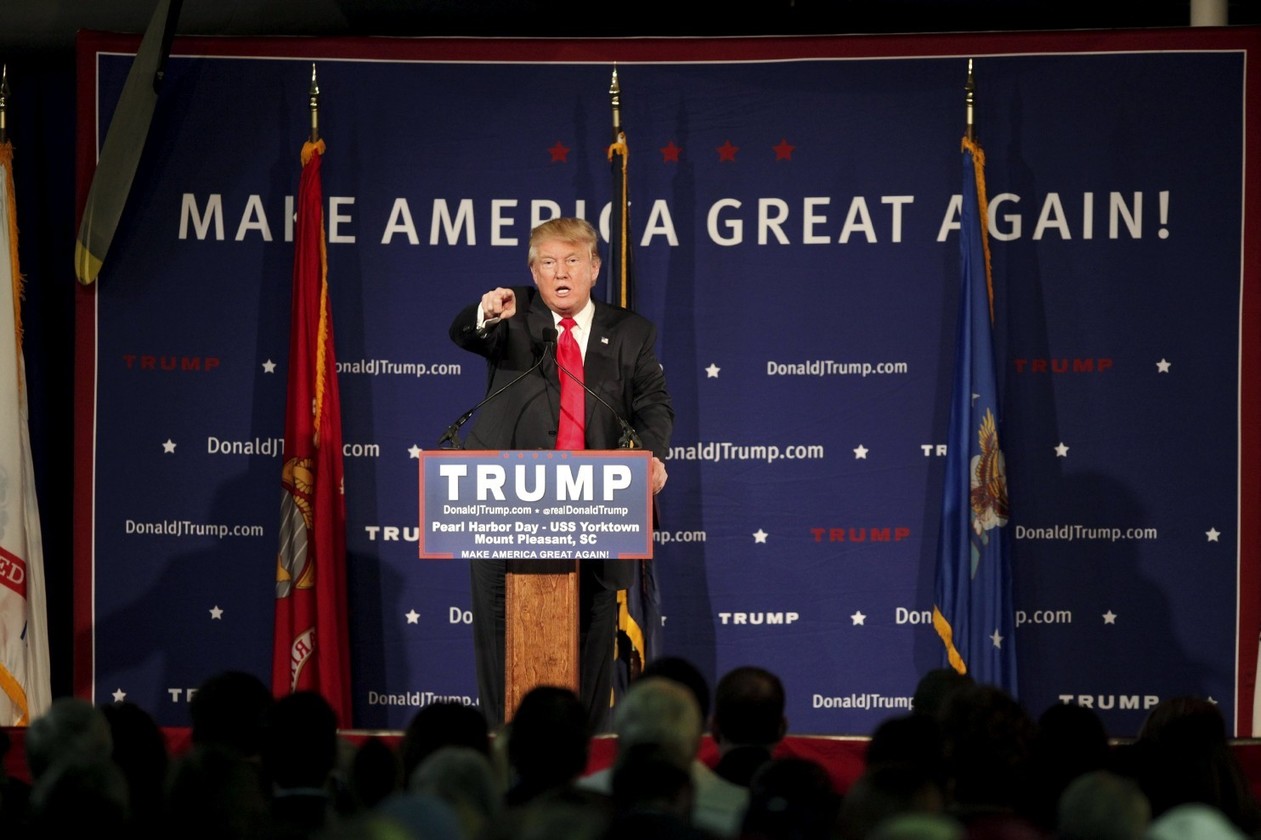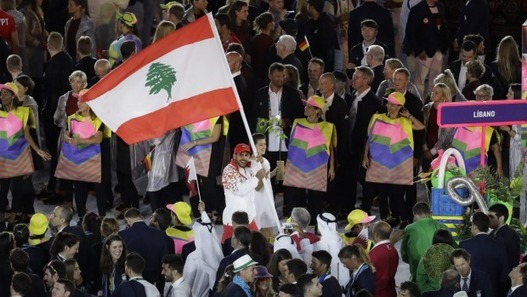How Trump’s health smear of Clinton backfired
By Dean Obeidallah
CNN
Did Donald Trump actually believe that raising baseless accusations about the health of Hillary Clinton, who is two years his junior, will somehow cause people to stop supporting her and side with him or a third party candidate?
Even Trump’s new campaign manager, Kellyanne Conway, seemed to disavow this new health smear, telling CNN’s Anderson Cooper on Tuesday night that the approach by campaign surrogates was a “strategy” that was not her “style.”
Unfortunately, perhaps, for Conway, plenty of Trump talking heads have been hammering this bogus point for days — people like former New York Mayor Rudy Giuliani, and even the candidate himself, who earlier this week asserted that Clinton lacks the “mental and physical stamina” to be President.
In fact, just hours after Conway’s comments on CNN, former Trump denouncer (and now Trump supporter) Karl Rove appeared on Fox News to launch a flurry of accusations that Clinton was not physically well, even using white boards scrawled with talking points as a visual aid.
And in a bizarre — and somewhat “off-message” — installment of this cooked-up drama, on Wednesday morning Trump surrogate Ben Carson called Trump himself “elderly” (along with Clinton) and declared that they should both “disclose their medical history.”
Which brings us to how this line of attack on Clinton has not hurt her — since there’s zero objective evidence she has any medical issue — but rather produced a backlash that has hurt Trump.
It has caused the media to again focus on Trump’s own health issues.
There is, of course, the media scrutiny of the truthfulness and accuracy of the “doctor’s letter” Trump produced in 2015 that asserted the candidate was in good health.
For one thing, the letter’s over-the-top, salesman-like language and conclusions sound like something Trump could have written himself. It raised only a little attention when it was released back then and was discussed briefly during the primaries but otherwise was quickly forgotten. (In contrast, by the way, Clinton released a far more detailed two-page letter from her physician.)
But now thanks to Trump, the media is taking a closer look. On Wednesday, CNN’s Sanjay Gupta noted that Trump’s physician, Harold Bornstein, who signed the letter, has “questionable” qualifications. Gupta explained that Bornstein, who claimed in that letter he was a member of the College of American Gastroenterology, actually had not been involved with that organization for over 20 years.
And Gupta and others have noted that the letter contains language not typically associated with actual medical doctors. One example is the hyperbolic boast that Trump’s lab results were “astonishingly excellent.” Also odd was Bornstein noting that Trump’s test results were “positive,” which in physician-speak is not good (good test results are negative.)
The closing line? Well, when was the last time you heard a doctor prognosticate something like this? “If elected, Mr. Trump, I can state unequivocally, will be the healthiest individual ever elected to the presidency.”
In her own interview Wednesday night with Conway, Rachel Maddow scoffed at the veracity of this letter and pressed Trump to release more records: “If he was elected, Donald Trump would be the oldest person to ever be sworn in as president … doesn’t he owe it to the American people to release an actual medical report, a more credible, more complete statement?”
(Perhaps Trump can produce his medical records along with his tax returns.)
There are two other points that Trump’s attack on this medical front raises:
First, it reminds Americans about Trump’s self-professed medical disability, which allowed him to avoid serving in the Vietnam War: The wealthy candidate, who loves to talk about the military and our veterans, didn’t serve in America’s military when he had the chance, and for questionable reasons.
The finding of Trump’s doctor that his patient, at 70, is in “extraordinary” health — better even, presumably, than when he needed a medical deferment in his 20s — may be hard for voters to swallow.
Second, this baseless attack on Clinton’s health reeks of the same conspiracy theory junk we have heard before from him. For example, who can forget Trump’s jaw-dropping claim last May that Ted Cruz’s father was somehow involved in the assassination of President Kennedy?
Even the way Trump’s cheerleader-in-chief Rudy Giuliani recently tried to support his claim that Clinton was very ill smacked of typical conspiracy fare: “Go online and put down ‘Hillary Clinton illness’ and take a look at the videos for yourself.”
This may come as a shock to Giuliani, but not everything on the Internet is true, especially when it just leads you to an echo chamber link of Giuliani saying the same thing. (For a helpful look at all this, check out Stephen Colbert’s takedown, and don’t miss the clip of Trump and Giuliani’s little performance with the former New York city mayor in drag.)
Trump’s outlandish attacks may have helped him in the GOP primary but outside his base, it’s hard to believe they will be viewed with anything but alarm about the man who wants to be President.
What else will backfire for Trump? Will his next attack on Clinton make us re-examine his bigoted comments about Latinos and Muslims? Or maybe cause us to revisit the allegations of the class action fraud case pending against him in connection with Trump University?
Given Trump’s track record, it’s entirely possible.
Source: www.kvia.com



